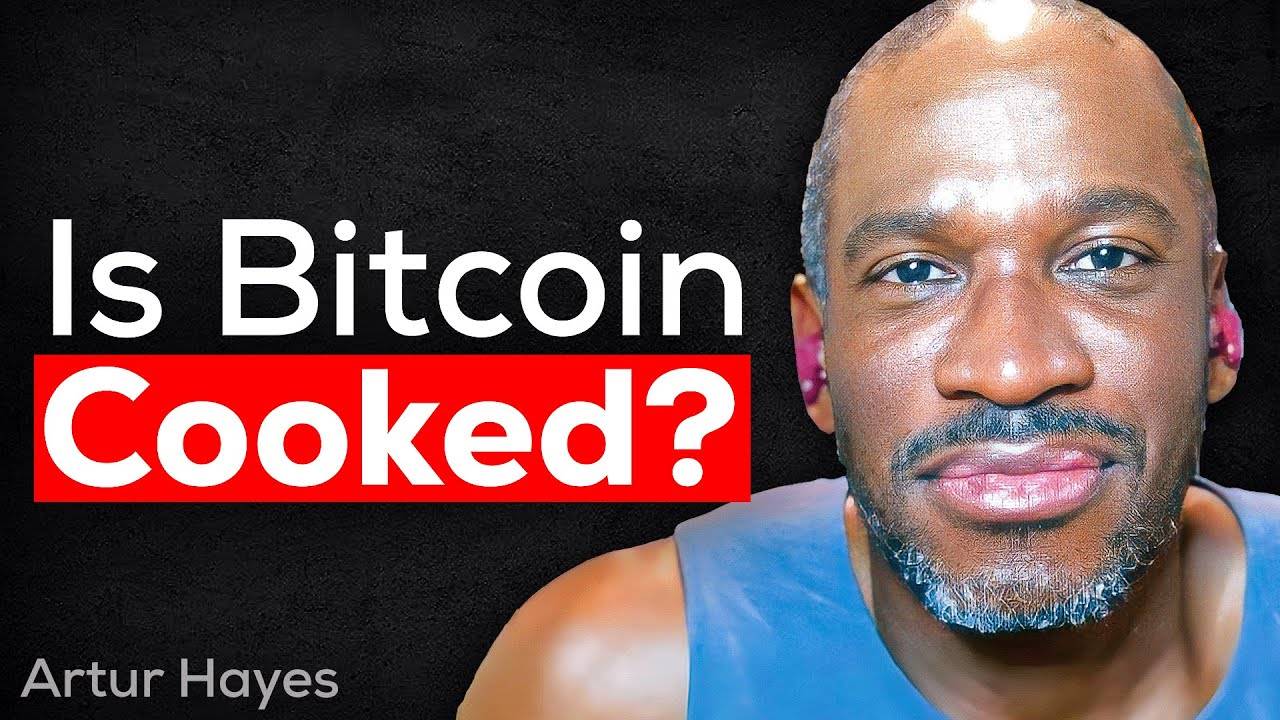Vitalik Buterin used his Devconnect keynote in Argentina to remind the community what Ethereum truly stands for. He pointed to the collapse of FTX as a clear example of why crypto cannot depend on a single person or company.
Buterin criticized Sam Bankman-Fried’s centralized approach, saying FTX failed because users were forced to trust one powerful figure. Ethereum, he explained, is designed so users do not need to trust any single authority. Its rules are open, verifiable, and enforced by code.
Buterin said FTX operated like a traditional company where major decisions came from the top. This created a single point of failure. When Bankman-Fried misused customer funds, the entire exchange collapsed, causing an eight billion dollar loss. According to Buterin, decentralized technology was created to prevent this kind of disaster. Ethereum, he noted, is developed and upgraded by a global community rather than a single leader who can change the rules.
The downfall of FTX pushed many users toward decentralized exchanges such as Hyperliquid. These platforms allow people to trade directly with each other without a company or leadership team controlling the system. This shift has accelerated as other centralized exchanges face issues, including data leaks and internal mismanagement. The trend supports Buterin’s view that decentralized systems are safer and more resilient over time.
Buterin also referred to the newly released “Trustless Manifesto,” which outlines six key requirements for a truly decentralized network. It warns that even Ethereum faces risks if it relies too heavily on centralized services such as cloud providers. The document encourages the community to continue choosing decentralization, even when centralized tools appear more convenient.
- Also Read :
- Mt. Gox Transfers 10,422 BTC, Sparking Fresh Market Concerns
- ,
Ethereum reached a four-year high near five thousand dollars earlier this year, but the market has cooled since then. ETH has dropped thirty-nine percent from its peak and recently fell below three thousand dollars for the first time since July. Supporters, however, remain confident in the network’s long-term outlook due to its shift to proof-of-stake and continuous upgrades.
Criticism still exists within the ecosystem. Former core developer Péter Szilágyi recently claimed that a small inner group holds too much influence, underlining the need for stronger decentralization. The Trustless Manifesto aims to address these concerns.
With memories of FTX still fresh, Buterin’s message resonates with investors seeking safer and more transparent systems. Ethereum faces challenges, but its focus on openness and user control continues to guide the future of decentralized technology.
